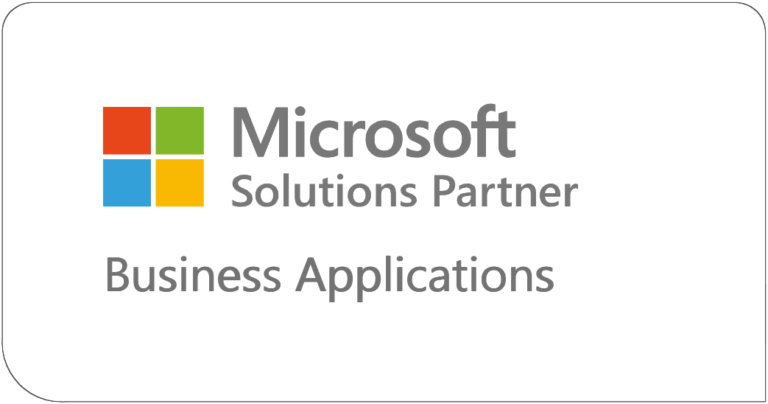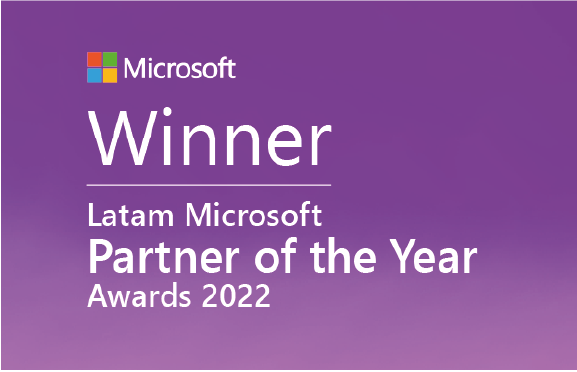CTOs face a complex and evolving set of challenges in a technology-driven world. They must balance innovation with security and efficiency, while leading the digital transformation of their organizations.
Current Challenges for Technology Managers
CTOs today face a number of challenges in the business environment. One of the main challenges is cybersecurity, as they must ensure the protection of corporate data against a backdrop of increasingly sophisticated threats.
Digital transformation is another key concern, as companies look to adopt new technologies and processes to remain competitive in an ever-changing marketplace. Data management has become crucial, with the need to ensure that data is available, accurate and compliant with regulations, while driving analytics and business intelligence.
Technology integration is a complex challenge due to the proliferation of applications and systems. CTOs must ensure that systems integrate efficiently to maintain a smooth operation.
Scalability is essential as companies look to grow and expand. CTOs must design infrastructures and systems that can grow with the business.
The adoption of the cloud is an important trend, but it requires careful planning and cost management. CTOs must decide when and how to migrate workloads to the cloud.
Effective technology budget management is essential to balance innovation with cost efficiency.
The demand for fast technology solutions has increased, and CTOs must accelerate the development and delivery cycle for applications and services.
Finally, after events such as the COVID-19 pandemic, CTOs must plan for enterprise resilience, including the ability to work remotely and maintain critical operations in adverse situations.
Lorem ipsum es la frase más socrrida para utilizar en caso de no saber qué texto vas a utilizar.
Lorem ipsum es la frase más socrrida para utilizar en caso de no saber qué texto vas a utilizar.Lorem ipsum es la frase más socrrida para utilizar en caso de no saber qué texto vas a utilizar.
Lorem ipsum es la frase más socrrida para utilizar en caso de no saber qué texto vas a utilizar.
Dynamics 365 contributions to Technology Managers (CTO's)
Dynamics 365 provides Technology Managers with the necessary tools to effectively manage the organization’s technology systems and processes, ensuring operational efficiency, data security and the ability to adapt to changes in the business environment. Here we look at how it does this.
- Data Integration: Dynamics 365 enables integration with a variety of data sources, including legacy systems and external applications. This facilitates the consolidation of data from across the organization in one place, which helps Technology Managers have a more complete and accurate view of critical information.
- Process Automation: The platform includes workflow automation tools that enable Technology Managers to create automated processes to streamline business operations. This can include automation of approvals, notifications and repetitive tasks, which frees up time for strategic activities.
- Security and Compliance: Dynamics 365 offers robust security measures and helps ensure regulatory compliance. Technology Managers can be confident that data and processes are protected, which is essential in an environment where information security is critical.
- Customization and Scalability: The platform is highly adaptable and scalable. Technology Managers can customize processes and workflows to meet the specific needs of the organization. In addition, they can scale the platform as the company grows or changes.
- Enhanced Collaboration: Dynamics 365 offers integrated collaboration capabilities through tools such as Microsoft Teams. This facilitates communication and collaboration between technology teams and other departments, which is essential for successful projects.
- Real-time Visibility: The platform provides access to real-time data, allowing Technology Managers to monitor the performance of systems and processes. This is essential to identify problems quickly and take corrective action.
- Supporting innovation: The platform facilitates the adoption of emerging technologies such as artificial intelligence and machine learning. Technology Managers can leverage these technologies to drive innovation in the organization.
- Specialized Applications: Dynamics 365 offers a wide range of specialized applications that address industry-specific needs such as sales, customer service, marketing, finance, supply chain and more. This allows Technology Managers to select and customize solutions that best fit the organization’s needs.
for Finance & Operations
Microsoft Dynamics 365 for Finance and Operations, ERP in the cloud for companies with high management demands.
Microsoft Dynamics 365 for Finance and Operations, ERP in the cloud for companies with high management demands.
Azure Portal provides a centralized view of all cloud resources. IT Managers can easily manage and monitor all aspects of the infrastructure from a single place.
Microsoft Azure's contributions to CTOs
Microsoft Azure offers a comprehensive and scalable platform that enables IT Managers to effectively manage IT infrastructure, drive innovation, and ensure security and compliance for their organization.
How does it do this?
Scalability and flexibility: Azure allows resources to scale according to business needs. IT Managers can increase or decrease compute and storage capacity as needed, saving costs and ensuring optimal performance.
Infrastructure as a Service (IaaS): Azure offers a wide range of infrastructure services, allowing IT Managers to deploy virtual machines, networking and storage quickly and efficiently, without the need to invest in physical hardware.
Platform for development: Azure provides a complete environment for application development. IT Managers can use tools and services such as Azure DevOps to streamline the software development lifecycle.
High availability and business continuity: Azure offers redundancy and data replication across multiple regions, ensuring high availability. IT Managers can implement disaster recovery plans to maintain business continuity.
Security and compliance: Azure meets the strictest security standards and offers advanced security tools. IT Managers can use Azure Active Directory to manage access and enforce security policies.
IoT (Internet of Things): Azure IoT offers capabilities for managing connected devices. IT Managers can use this platform to enable IoT solutions and collect sensor data.
IA (Artificial Intelligence): Azure has AI and machine learning tools, such as Azure Cognitive Services. IT Managers can integrate AI capabilities into enterprise applications and services.
Centralized Management: Azure Portal provides a centralized view of all resources in the cloud. IT Managers can easily manage and monitor all aspects of the infrastructure from one place.
Global Support: Azure has a global presence with multiple data centers around the world. This is beneficial for organizations with international operations, as they can deploy resources close to their end users.

La inteligencia artificial integrada en las soluciones CRM (Customer Relationship Management)






